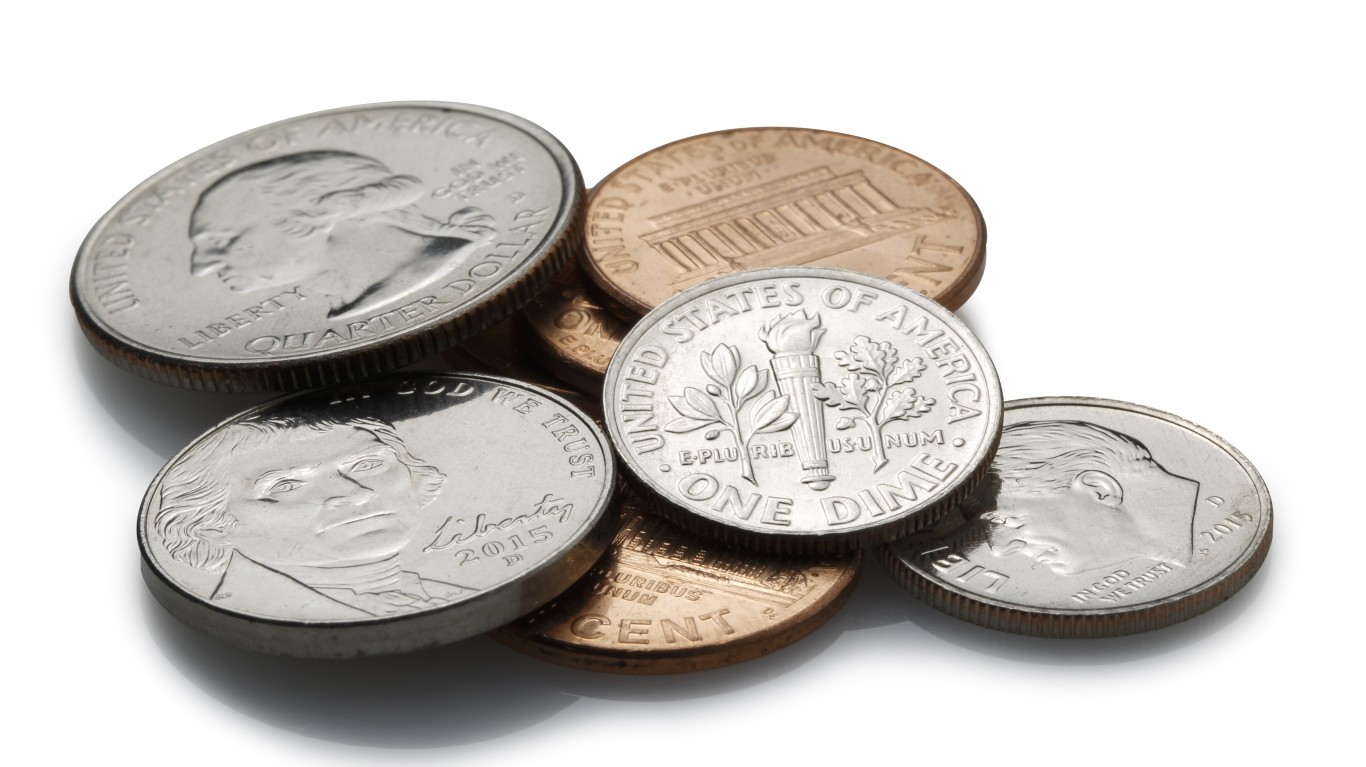Investing
First Republic Closes 49% Down After Fears of Federal Receivership Emerge

Published:
Last Updated:

First Republic Bank found its shares close nearly 50% in the red on Tuesday, April 25%, after its first quarter earnings report published a day earlier revealed a worrying drop in deposits. Additionally, the bank suffered from a string of bad news throughout the day including a major lawsuit and fears it would be seized by the authorities.
Tuesday was a very eventful day for First Republic with most of the events, unfortunately, reflecting poorly on the bank. Already in the morning, reports that it, along with its auditor KPMG, was being sued by shareholders for allegedly obfuscating banking risk emerged. The news set the tone for the rest of the day and the First Republic’s stock continued a plunge that started during Monday’s after-hours trading.
To try and offset its dire position, First Republic is also considering divesting between $50 and $100 billion worth of long-term securities and mortgages as a part of its rescue plan. Tuesday’s close similarly brought worrying news for the bank as a rumor that it is expecting to enter into government receivership due to the damage it sustained over recent months.
The current crisis started on Monday afternoon after a period of stability as First Republic unveiled its first quarter results. The report erased a 12% gain and sent the bank’s shares more 20% into the red in after-hours trading. Today was significantly worse for First Republic and it fell 49.37% throughout the day down to just $8.10.
While it managed to beat expectations in most categories, First Republic’s Q1 report nonetheless showcased a drop in nearly every category—revenue, earnings, and, most notably, a 40% decrease in deposits. The results were, arguably, not surprising as the bank has been hit hard by the banking crisis that started in early March and was even considered as the likely fourth bank to fail.
While it managed to avoid that fate as the authorities implemented emergency measures to stabilize the industry, and First Republic directly received a $30 billion rescue injection from several other major banks, its stock has undergone a significant decline. Since the start of the year, its shares plummeted a stunning 93.34%.
Exacerbating the issue is the fact that, despite President Biden’s earlier statements that the US banking system is stable, he more recently remarked that the crisis is not over. Furthermore, the events of March brought an uncomfortable fact to life—most American banks are in what has widely been termed zombie mode as they are, thanks to FED’s aggressive rate hikes, sitting on a lot of unrealized losses with their long-dated assets.
This article originally appeared on The Tokenist
Thank you for reading! Have some feedback for us?
Contact the 24/7 Wall St. editorial team.